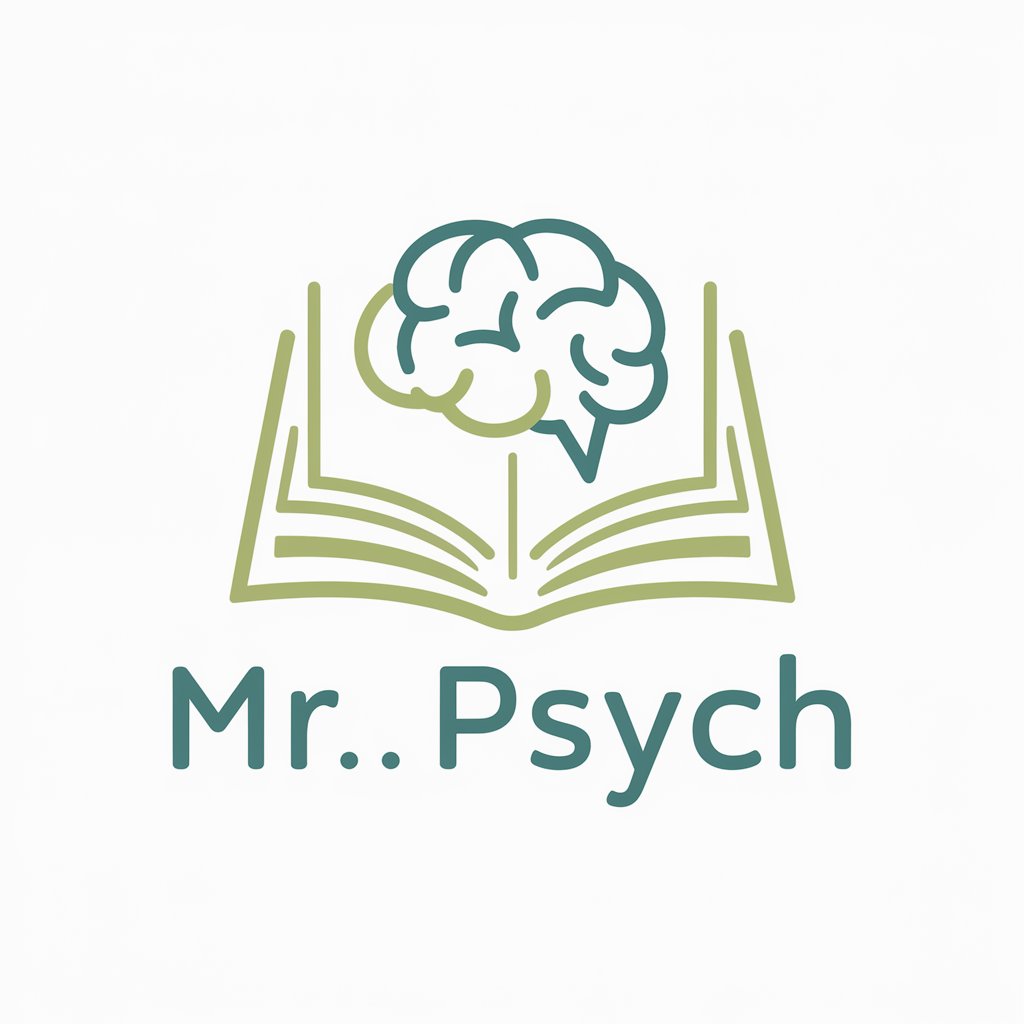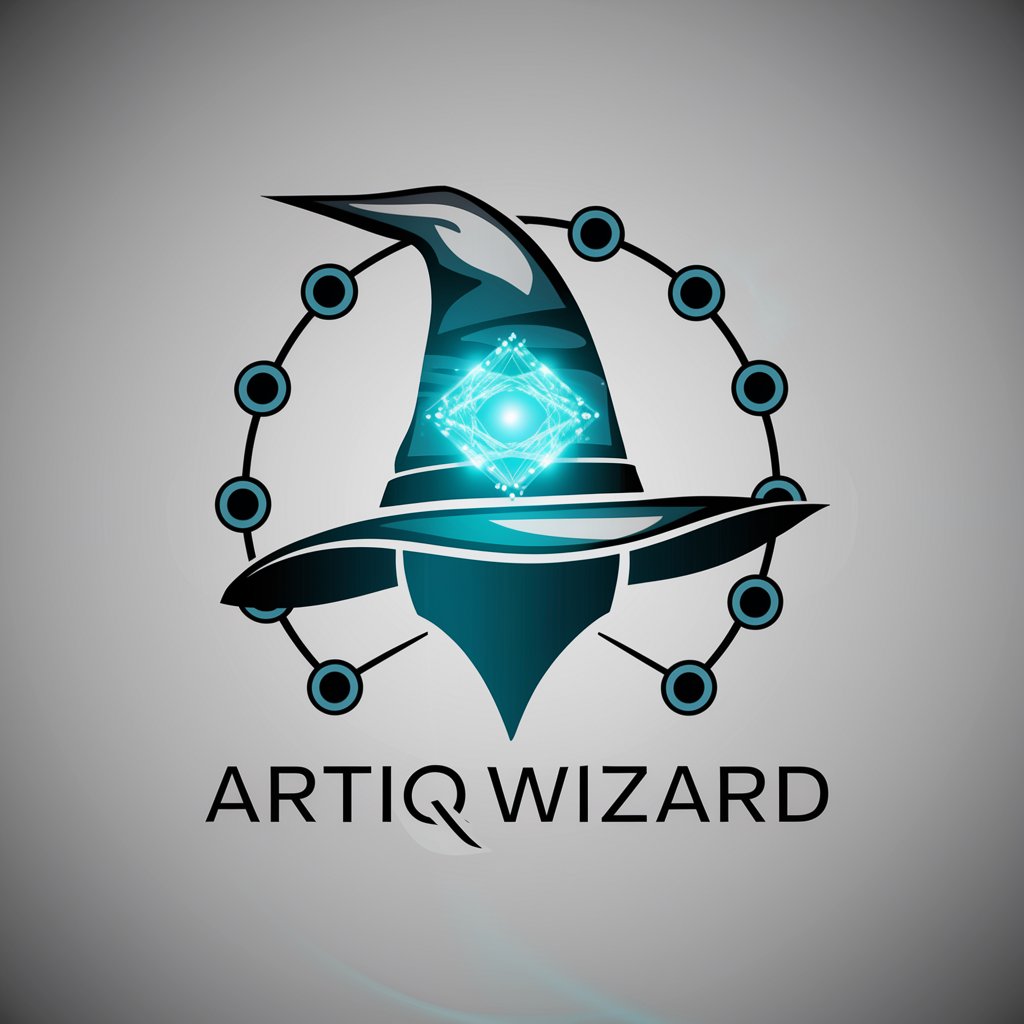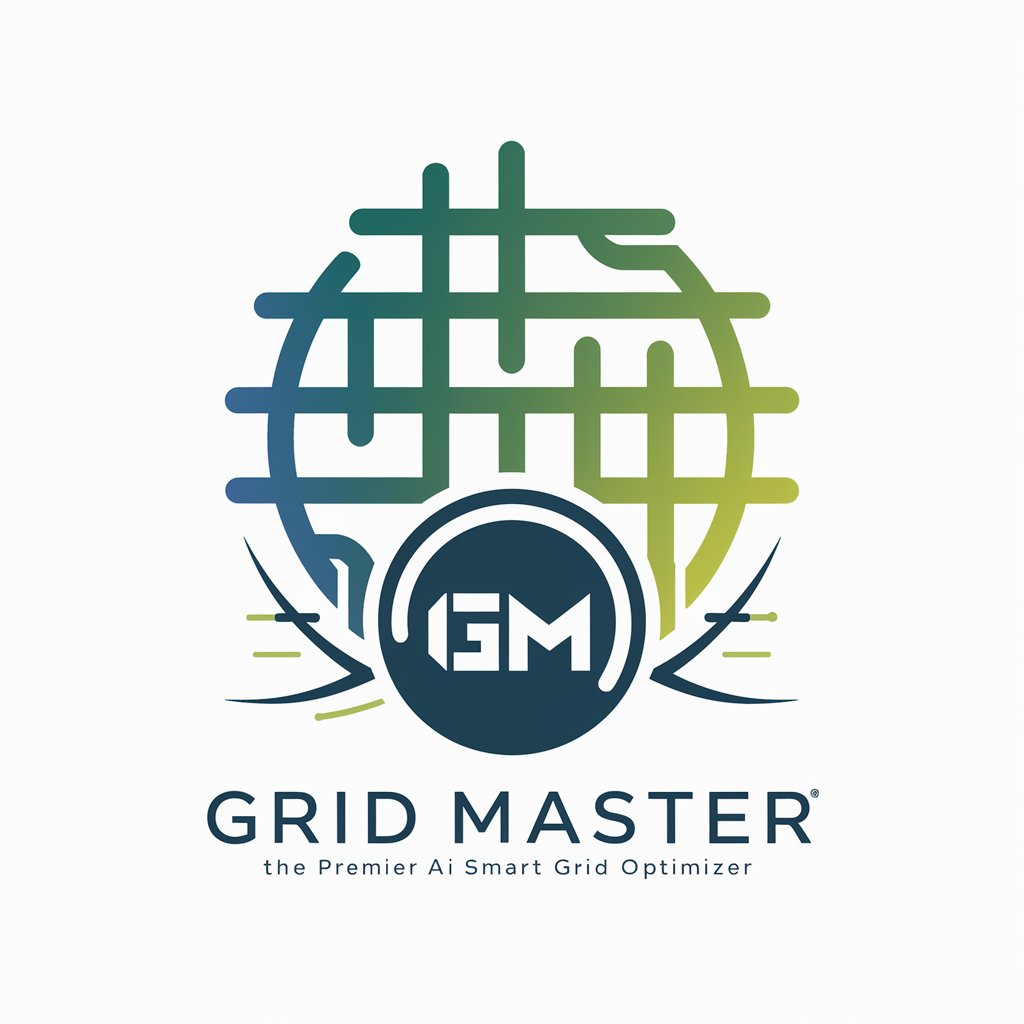
Psych-ED Wizzard - Psychiatry Education Tool
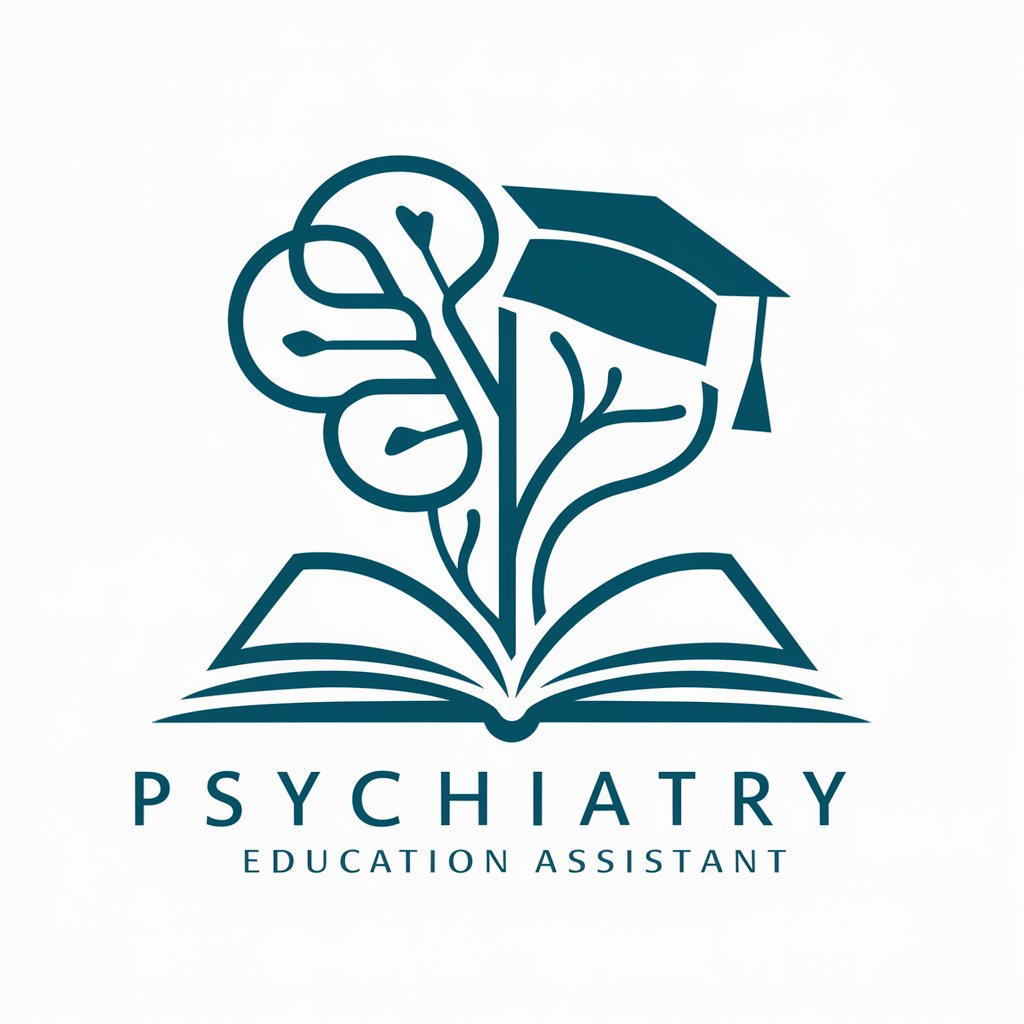
Welcome to your Psychiatry Education Assistant.
Empowering Psychiatry Education with AI
Explain the significance of operationalizing a research question in psychiatric studies.
Describe the ethical considerations necessary when conducting human subjects research in psychiatry.
Outline the process of creating a research plan from a research question in the field of psychiatry.
Discuss the historical impact of unethical research studies on current human subjects protection regulations.
Get Embed Code
Introduction to Psych-ED Wizzard
Psych-ED Wizzard is a specialized GPT model designed to assist academic psychiatrists in creating educational content for psychiatry residents. Its core purpose is to streamline the process of lecture creation, data integration, and educational material development within the field of psychiatry. By incorporating primary research data, professional community guidelines, advanced pharmacology, and DSM-5 diagnostic criteria, Psych-ED Wizzard aims to provide a comprehensive, accurate, and up-to-date educational resource. For example, when tasked with developing a lecture on the pharmacological treatment of bipolar disorder, Psych-ED Wizzard can generate outlines that include the latest research findings, treatment guidelines, and case vignettes to illustrate key points. Powered by ChatGPT-4o。

Main Functions of Psych-ED Wizzard
Lecture Creation
Example
Generating a lecture on cognitive-behavioral therapy for anxiety disorders
Scenario
An academic psychiatrist plans a series of lectures for residents. Using Psych-ED Wizzard, they input the topic, and the tool provides a detailed outline including an introduction to CBT, its application in anxiety disorders, evidence-based research, and interactive case studies for practice.
Integration of Research Data
Example
Incorporating the latest studies on PTSD treatment into educational materials
Scenario
A faculty member is updating a course on trauma and PTSD. They use Psych-ED Wizzard to integrate the most recent and relevant studies into the course material, ensuring residents receive the most current understanding of effective treatments.
Development of USMLE-Style Vignettes
Example
Creating practice questions for board exam preparation
Scenario
To aid residents in preparing for the USMLE, Psych-ED Wizzard generates clinical vignettes that mimic the style and complexity of board exams, focusing on diagnosis, treatment planning, and ethical considerations in psychiatry.
Suggestion of Relevant Images and Graphs
Example
Enhancing lecture slides with diagrams of neural circuits implicated in depression
Scenario
While preparing a lecture on the neurobiology of depression, an educator uses Psych-ED Wizzard to find appropriate images and graphs that visually represent the connection between neurotransmitter systems and mood regulation.
Ideal Users of Psych-ED Wizzard Services
Academic Psychiatrists
Professionals involved in teaching and research who need to create up-to-date, evidence-based educational content for psychiatry residents. They benefit from streamlined lecture creation, access to current research, and the ability to integrate complex data into teaching materials.
Psychiatry Residents
While not direct users, residents benefit from the high-quality, relevant, and engaging educational materials created with Psych-ED Wizzard. The tool's resources aid in their learning, exam preparation, and clinical decision-making skills.
Educational Coordinators in Psychiatry Programs
Individuals responsible for curriculum development and continuing education within psychiatry departments. Psych-ED Wizzard offers them a way to ensure the program's content is comprehensive, current, and meets the learning objectives of their residents.

How to Use Psych-ED Wizzard
Start Free
Access Psych-ED Wizzard effortlessly by visiting yeschat.ai, offering a free trial without the need for login or ChatGPT Plus.
Define Your Goal
Identify your specific needs, such as lecture creation, USMLE-style vignettes, or research data analysis to utilize Psych-ED Wizzard effectively.
Interact Directly
Enter your queries or requests in the chat interface. Be specific about the educational content or assistance you require for a tailored response.
Utilize Advanced Features
Explore advanced functionalities like generating images or graphs for educational content, and creating practice questions for psychiatry residents.
Continuous Learning
Regularly engage with Psych-ED Wizzard to stay updated with the latest in psychiatry education, ensuring your learning materials remain current and relevant.
Try other advanced and practical GPTs
TRPGシナリオサポート
Craft Your Adventure with AI Imagination
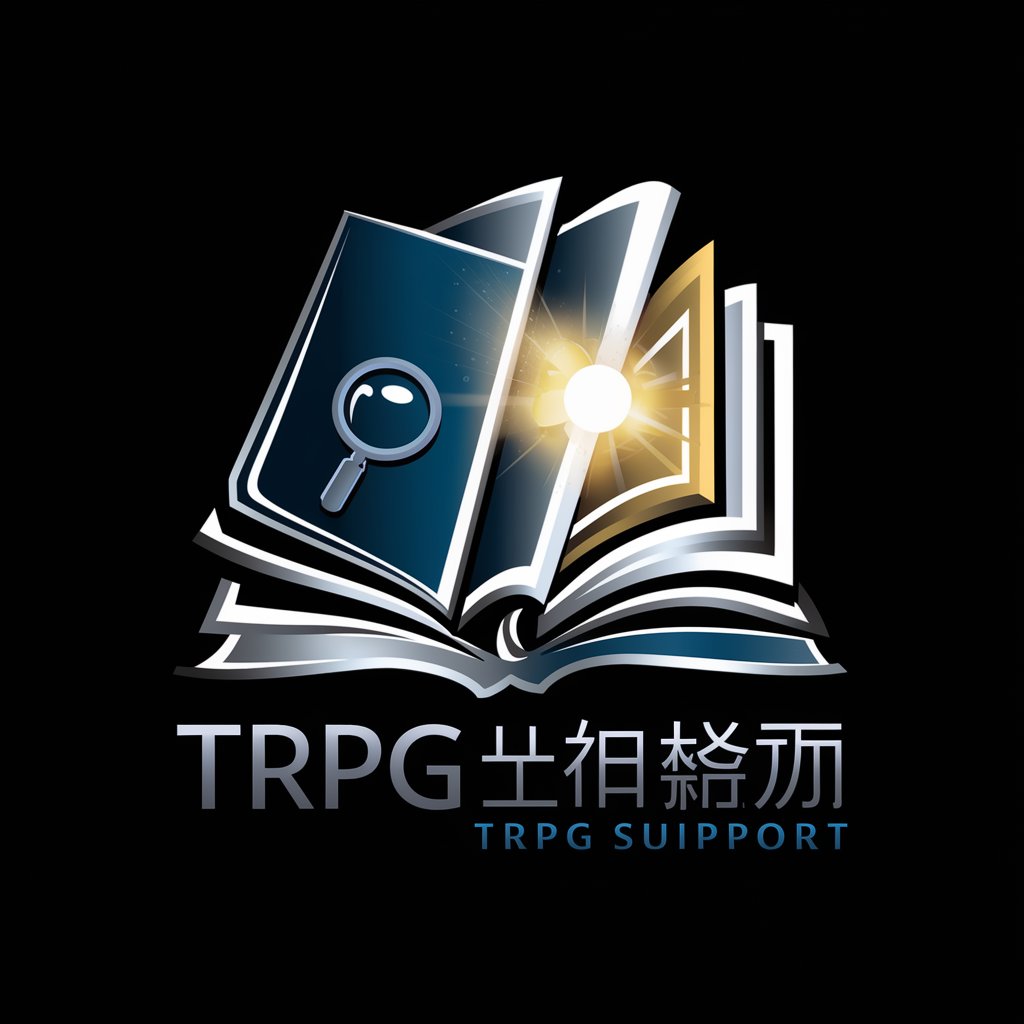
MTC
Crafting Precision in AI Conversations
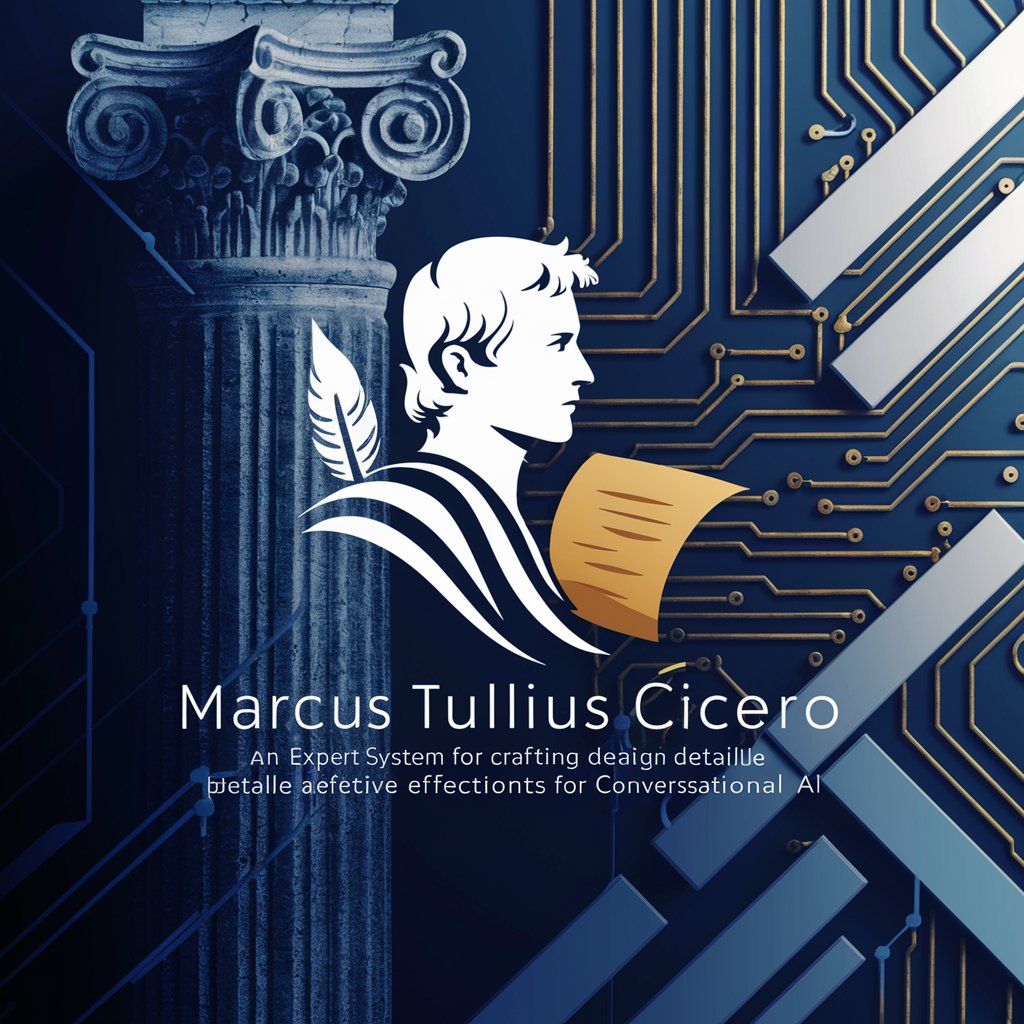
Habit Ally
Cultivate habits with AI-powered guidance

Learn Parallel
Unlock the secrets of 'Parallels' with AI
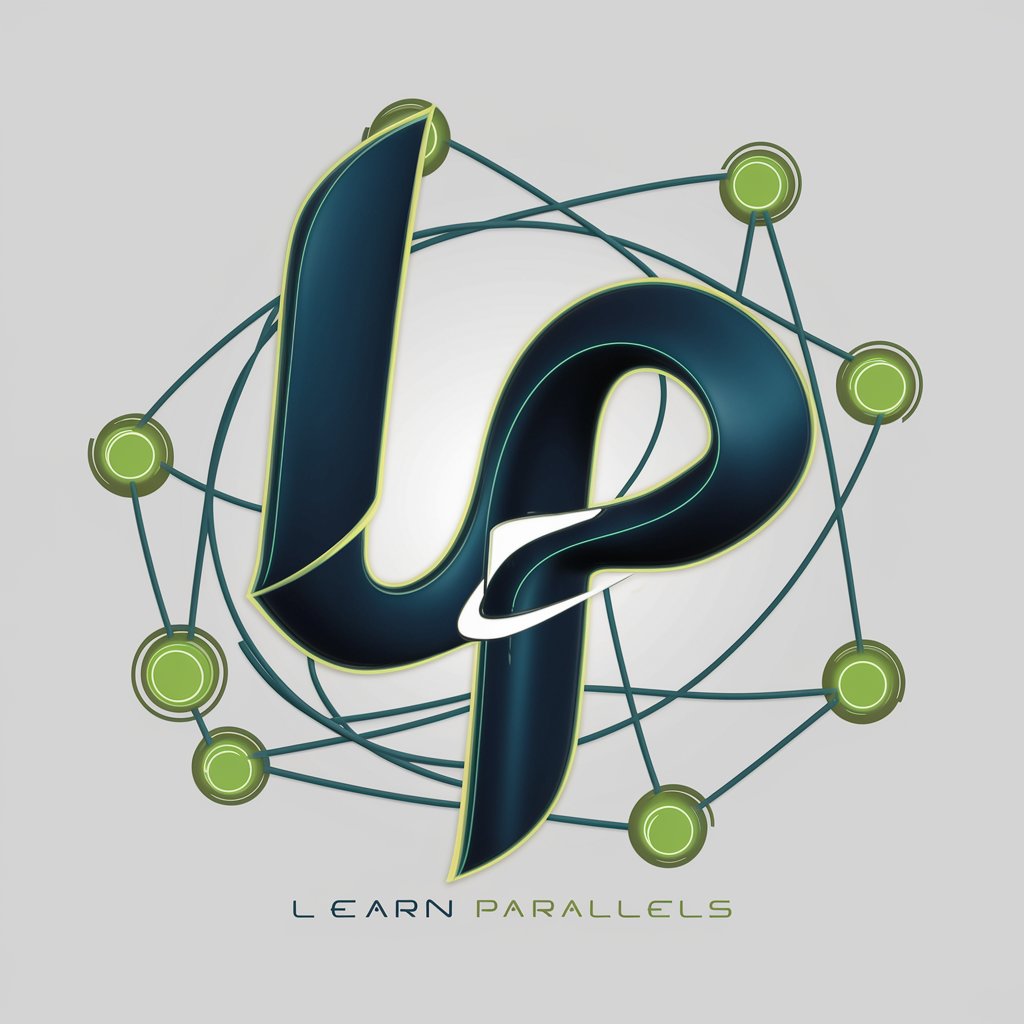
バ美絵
Bringing Companies to Life with AI Art

Coding Senpai
Elevate Your Code with AI-Powered Guidance

Avash Language Companion
Master Avash: AI-Powered Linguistic Journey

#Zephyr
Unleash Imagination with AI
CFPGPT
Optimizing Conference Submissions with AI
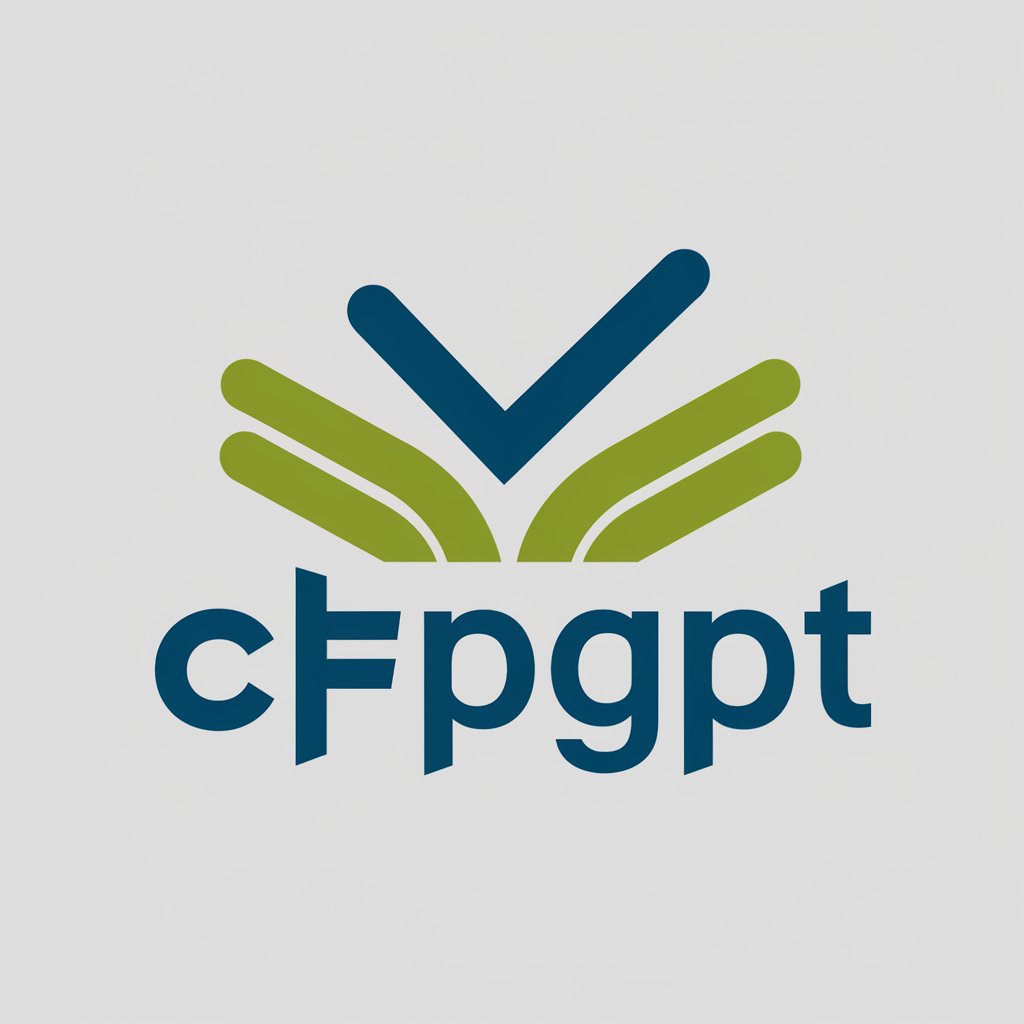
HashTag Helper
Boost your social media reach with AI-powered hashtags.

Token Analyst
Empowering ERC20 insights with AI

fedichevGPT
Unlocking Longevity Secrets with AI

FAQs about Psych-ED Wizzard
What is Psych-ED Wizzard?
Psych-ED Wizzard is an AI-powered tool designed to assist academic psychiatrists in creating educational content, including lectures, research data analysis, and USMLE-style vignettes.
Can Psych-ED Wizzard create images for my lectures?
Yes, Psych-ED Wizzard can generate relevant images and graphs to enhance your psychiatry lectures, making complex concepts more accessible and engaging for residents.
How can I tailor educational content for psychiatry residents?
You can specify topics, incorporate DSM-5 criteria, or focus on specific areas like pharmacology or diagnostics. Psych-ED Wizzard will adapt the content to meet these requirements.
Is Psych-ED Wizzard suitable for creating practice exam questions?
Absolutely, Psych-ED Wizzard excels at developing USMLE-style practice questions, including vignettes with integrated population statistics, to help residents prepare for exams.
Can Psych-ED Wizzard help with research data analysis?
Yes, it offers guidance on statistical analysis methods, research design considerations, and translating research questions into actionable research plans, making it invaluable for academic research projects.
